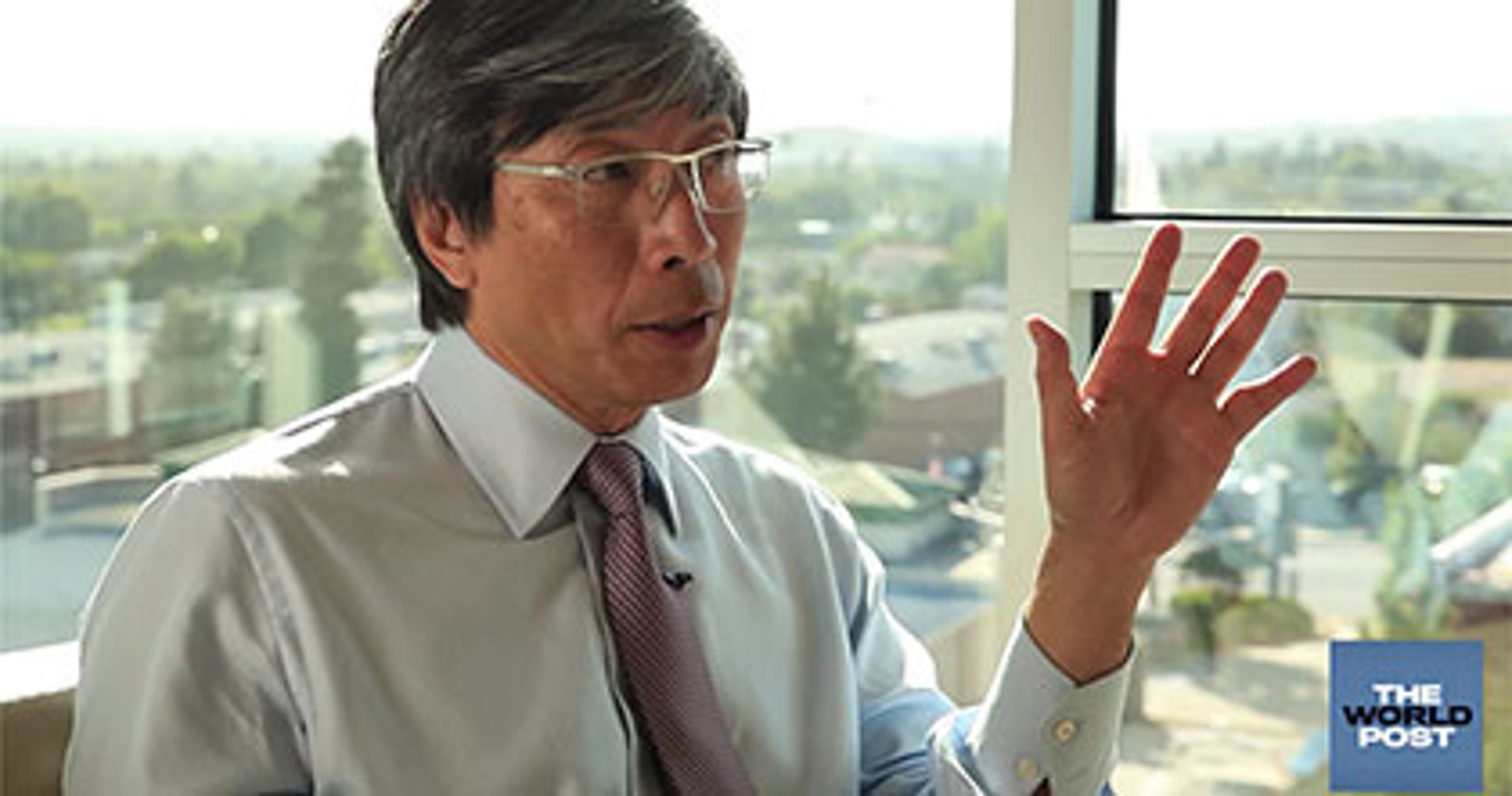Weekend Roundup: COVID-19 Is a Health Nightmare, but a Scientific Dream

Dr. Soon-Shiong (The WorldPost)
Many years ago now, my elderly grandfather would join the evening conversation at our dinner table. In his near senility, he would offer two opposite observations from the wisdom of a lifetime. After quietly listening for a while he would first say: “Just goes to show you, nothing ever changes.” Listening further, he would later pipe up and say: “Just goes to show you, everything changes.”
This memory came to mind when considering humanity’s current battle with COVID-19. It is true that, just as in antiquity, hostile microbes on the loose are ravaging entire communities. And just as true: The social fractures exposed by the pandemic will demand transformative remedies, while the advances of modern science already on the cusp of changing everything will further accelerate.
As the French philosopher Bernard-Henri Levy points out, it was in the 5th century BCE when the word “epidemic” began to be used in the Greek language. As Levy notes, “epidemios” literally means “on the people,” as distinct from the notion of a “scourge” afflicting the firstborn or some distinct group devastated by calamity. Instead, says Levy, plagues fell “on an entire people without distinction as to age, status or moral purity.” Hippocrates even noted many of the same precautions, such as social distancing, in his chronicle of those days.
In this sense, COVID-19 is a democratic, equalizing, plague. It has prompted a response that has resulted in healthcare and income benefits being rolled out for the broad public. In Germany, even the near religious “black zero” admonition that dictated balanced budgets has been relaxed to stimulate a stalled economy and lift all boats. Just as a similar generalized scale of suffering and sacrifice led to major social welfare reforms in the wake of World War II, so now it will be difficult to close the door this coronavirus has opened. Much will change as a result.
In a conversation this week with transplant surgeon, pioneering cancer researcher and billionaire healthcare entrepreneur Patrick Soon-Shiong, I got a glimpse of the near future that’s poised to depart from the long past. Soon-Shiong has been promoting two big ideas. First, that the collective sharing of knowledge, especially through digital networks linked to the cloud of bioinformatics and the prowess of big data analysis, will transform healthcare. Second, whether it’s cancer (which he considers a virus) or the coronavirus, the search for any ultimate treatment and cure must focus on the host, not the virus — on the human immune system, not the microbe.
The SARS outbreak of 2003, he points out, prompted a big leap within the scientific community, which finally understood that the nature of viral contagion transmitted from humans to humans means we are all in this together. Only by sharing patient data collectively across all affected communities, including through clinical trials, will we finally come to understand the impact and response of the immune system that is already designed to fend off most hostile microbe invasions. Only that understanding will enable us to fortify the body’s own defenses to the inexorable viral assaults that will always be with us. “I need you to survive” is the way he describes this new awareness.
This new awareness, he notes, was manifest in how quickly the Chinese released the genetic signature of COVID-19 once they deciphered it so the rest of the world could immediately get to work on defeating it with a common treatment protocol. “The science coming out of China now is very good,” he says. “All I have been reading lately are the studies from China. It is remarkable how far they have advanced since SARS in 2003. The most important thing now is for China to share clinical findings, even allow the rest of us to do clinical trials there, because they have the clinical base the rest of the world following behind does not yet have.”
Soon-Shiong himself convenes a scientific group from around the world, with participants from Italy to Taiwan, that meets twice a week through Zoom, working simultaneously in real-time collaboration. Their immediate focus is on strategies of treatment that aim to block the virus receptor in the body, blocking the “factory” that reproduces and proliferates the coronavirus. “The good news,” he says, “is that you have many shots at the goal, which is, finally, a vaccine.”
This collaboration and sharing of collective knowledge is essential, as Soon-Shiong sees it, “so that different scientists can actually take different approaches to understanding the virus, the means of transmission and the body’s response. In previous times, it took 17 years for a breakthrough to reach a clinical end; it took two to three years just for publication to reach other researchers and, by that time, the findings were obsolete. Now, it is taking days. What is accelerating is the understanding of the immune system and its complexity. While this pandemic is a health nightmare, it is a scientific dream.”
Dr. Soon-Shiong’s hope is that this acceleration will, in the end, yield a “universal theory” about the protection of humans from the microbe threat. And that will change everything.
Watch Dr. Soon-Shiong’s video series on the coronavirus: